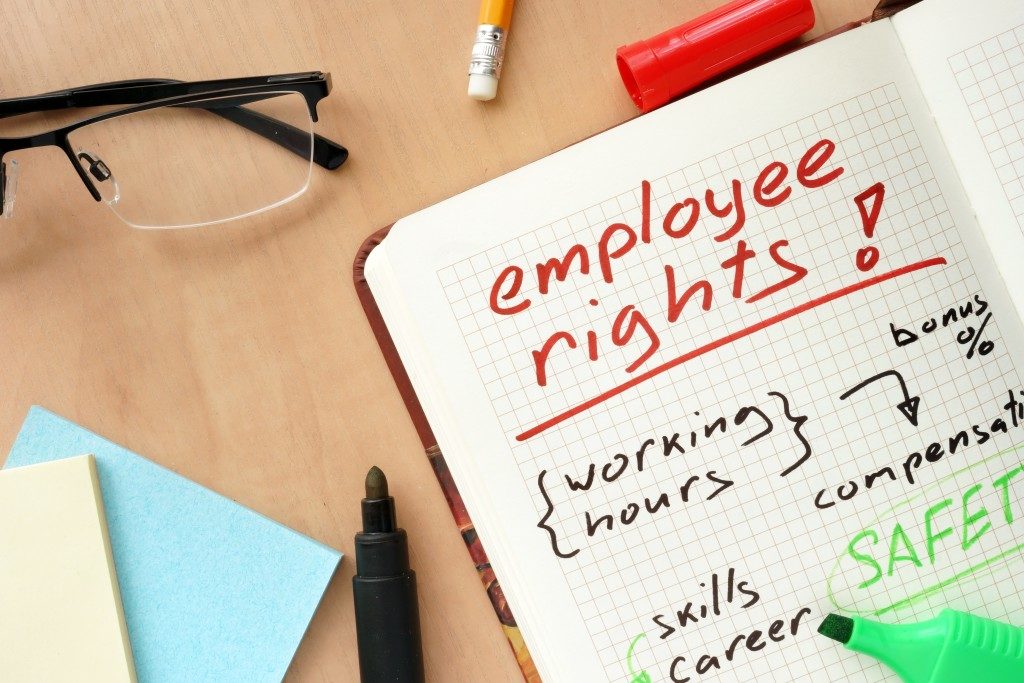- Obtaining a Federal Firearms License (FFL) is the first step in starting a firearm business.
- Insurance and compliance with state and local laws are essential for any firearm business.
- Record keeping of all firearm transactions is required by law
- Security systems, background checks for employees, and physical security measures must be implemented to safeguard firearms and shop
- Compliance with all legal requirements is critical for the successful operations of a firearm business.
Starting a firearm business is not a decision to be taken lightly. The gun industry is heavily regulated, and failure to comply with the legal requirements can result in costly fines and criminal charges. As such, it is essential to understand the legal needs involved in starting a firearm business.
This blog post will provide an overview of the legal requirements for starting a firearm business. This information is critical for companies and entrepreneurs entering the firearms industry.
Obtain a Federal Firearms License
To begin a firearm business, you must first acquire a Federal Firearms License (FFL) from the Bureau of Alcohol, Tobacco, Firearms, and Explosives (ATF). This license permits individuals or businesses to sell firearms.
To obtain an FFL, you must meet specific eligibility requirements, such as being at least 21 years old, not being convicted of a felony, and not being banned from dealing with firearms.
Get Insured
Insurance is one of the most important things to consider when starting a firearms business. A single accident, theft, or liability claim could put you out of business without proper insurance. Comprehensive property insurance for a gun shop is a must for any owner.
This type of insurance can protect your inventory, equipment, and even your building against various unexpected events, from fire and theft to natural disasters. It provides peace of mind and a safety net when you need it most, allowing you to focus on growing your business without worrying about the “what ifs.”
Comply with State and Local Laws
In addition to obtaining an FFL, businesses must comply with state and local laws. Each state has its laws regarding gun ownership, sales, and possession, so it is essential to familiarize ourselves with the laws of the state where we do business.
For instance, some states require businesses to obtain a separate license or permit to sell firearms. Additionally, some local jurisdictions have specific zoning requirements for gun shops. Researching and complying with all applicable state and local laws is crucial to avoid legal issues.
Record-Keeping
Another critical legal requirement for firearm businesses is maintaining accurate and detailed records of all firearm transactions. This requirement is crucial for tracing firearms that may have been involved in criminal activities.
Businesses must maintain firearm transaction records, such as sale receipts, acquisition forms, and the buyer’s identification. The record-keeping requirements are strict, and failure to comply can result in severe legal penalties.
Safeguard Firearms and Shop
Running a firearms shop comes with a unique set of challenges. Not only do you need to ensure your customers are safe and secure when handling firearms, but you also need to safeguard your shop from theft and other security threats.
Install a Security System
First and foremost, you must have a robust security system. This should include motion sensors, cameras, and alarms triggered when unusual activity occurs. Position cameras strategically to cover all areas of your shop, including the entrance, cash register, and storage room. It would be best if you also had a backup power supply in case of a power outage.
Background Checks for Employees
One of the best ways to prevent security breaches is by conducting background checks when hiring employees. You should only hire individuals who pass comprehensive background checks, as this will reduce the risk of theft, fraud, or violence. It’s also essential to take the time to train your employees on firearms safety protocols and how to respond in case of an emergency.
Keep Your Firearms Secure
All the guns in your shop must be locked up when not in use and secured in a steel safe or a vault. Access to the safe or vault should be restricted to a few trusted employees who have undergone a background check.
Physical Security
Apart from electronic security measures, physical security is equally important. Non-slip flooring and proper lighting can help prevent accidents. You may also consider installing metal grilles on your windows and storefront doors, which can deter thieves from breaking in.
Final Thoughts
Starting a firearm business requires a deep understanding of the legal requirements involved in the firearm industry. The legal requirements discussed in this blog post are not exhaustive, but they provide a helpful starting point for entrepreneurs looking to enter this field. By complying with all applicable laws and regulations, firearm businesses can minimize the risk of legal issues and build a reputable, successful business in the firearm industry.





